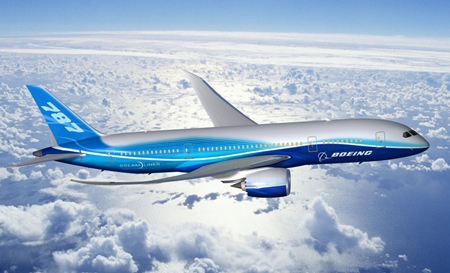With the 787 Dreamliners grounded with battery failures (fires) and GM hit by a federal investigation 12 months ago after three battery fires in the Chevrolet Volt after crash tests, it certainly has not been easy for manufacturers using Lithium-ion batteries.
Honda was one of the first automakers – along with rival Toyota – to adopt a hybrid driveline. And like Toyota, Honda is expanding the use of battery-based technology with a new plug-in version of the popular Accord sedan, as well as a pure battery-electric Jazz subcompact.
Of course, Toyota and Honda are not the only manufacturers offering battery/electric technology. However, this is not a mainstream section of the auto industry. Add up all of the conventional hybrids, plug-ins and battery-electric vehicles sold in the U.S. last year and they accounted for barely 3.5 percent of the total market. The Chevrolet Volt extended-range electric vehicle saw sales triple, but still fall about 50 percent short of GM’s sales predictions, which called for selling about 45,000 Volts in the U.S. alone. Nissan also missed its target for the second year in a row with the Leaf battery car, said Nissan CEO, Carlos Ghosn.
 Batteries included.
Batteries included.
Adding to the negative side of the battery industry, lithium-ion battery maker A123 declared bankruptcy. A123, despite opening several plants, developing highly-touted new technology, including a battery that could operate in extreme heat or cold, and signing deals with General Motors, Chrysler and India’s Tata Motors, the company never posted a profit. In August, it reported an $83 million loss for the second quarter. A123 finally reached a financing deal with Wanxiang Group for up to $450 million to help it stay afloat.
The only maker pleased with its 2012 results was Toyota, which saw sales of its Prius hybrid increase from 100,000 to 236,000 with the introduction of new models like the Prius c and v.
There are many reasons for the poor acceptance of battery cars by the public, on top of range anxiety. Price is one of the biggest, with battery cars carrying a significant premium compared to conventional, gasoline-powered models.
Nissan is attempting to jump start demand by announcing plans for a new entry model that will be about $6,000 less than the current base battery car. The existing Leaf models also will have prices cut by several thousand dollars.
When the Leaf and Chevrolet Volt programs began, a typical lithium-ion battery cost about $1,000 per kilowatt-hour, but industry analysts say the battery costs will have to reduce to something closer to $200 per kWh to be truly competitive.
Going back to the initial range anxiety, according to Nissan CEO Ghosn and others, this is still a major problem. Operating range needs to come up from the average of 100 to 160 km per charge. Tesla is offering an extended-range version of its Model S which can go 480 km – but the additional batteries make the car very expensive, even in the US.
Another problem is the lack of public recharging stations or battery replacement stations. Whilst there are many plans, there is no recharging/replacement station near you!
However, the North American International Auto Show had more electric/hybrid cars on offer than ever before. And battery technology is improving all the time. Fixing the Dreamliners will probably let Carlos Ghosn sleep a little better too.




